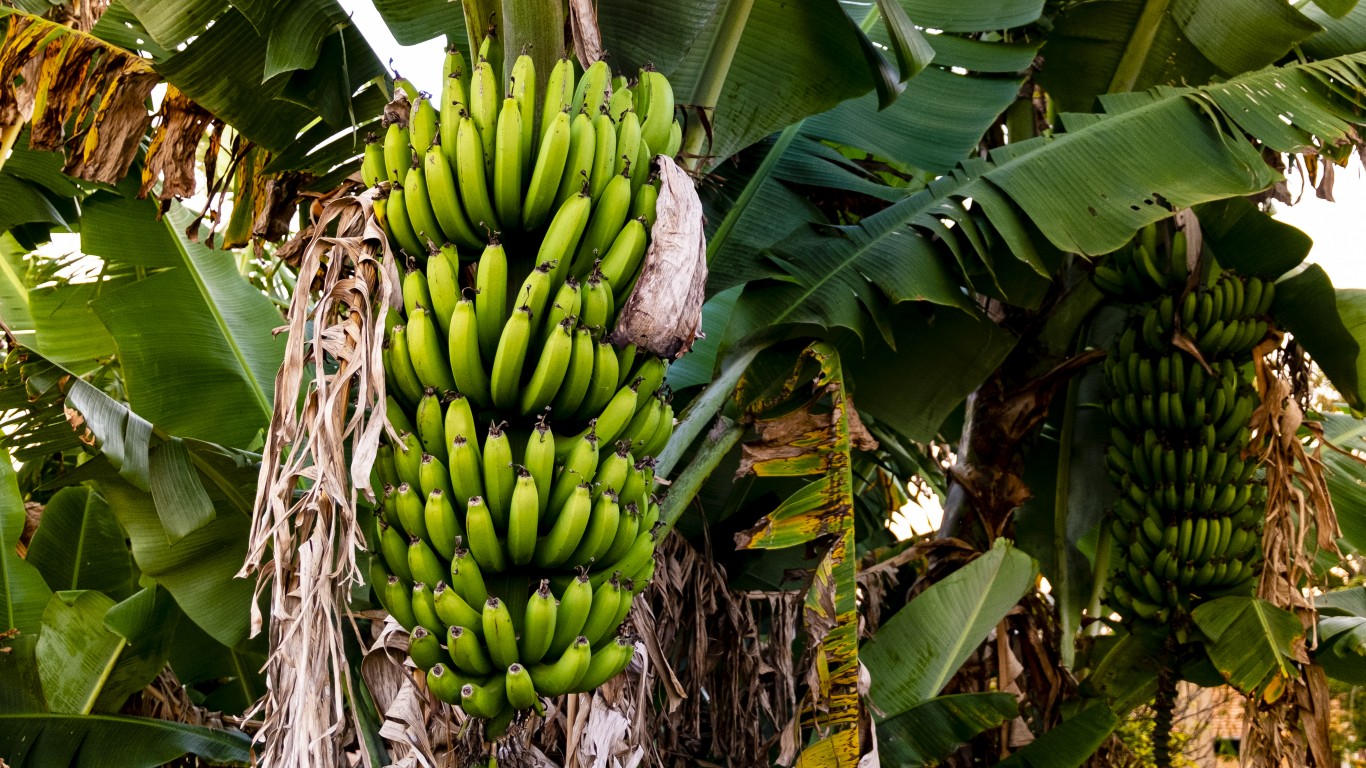 Inflation is often defined as the overall increase in the price of goods and services. That oversimplifies how inflation works and does not include the drop in currency values or purchasing power. As agricultural commodities and metals prices soar, so do the costs of meeting the needs of most consumers and businesses.
Inflation is often defined as the overall increase in the price of goods and services. That oversimplifies how inflation works and does not include the drop in currency values or purchasing power. As agricultural commodities and metals prices soar, so do the costs of meeting the needs of most consumers and businesses.
Economists have become increasingly worried about the record high prices of some crops and mined metals because it will stifle consumer purchases.
The inflation problem is much broader outside the US and other developed nations. Inflation in Third World nations and part of the developing world would better be defined by the movement of millions of people into poverty. A World Bank report which received a great deal of press coverage said that “Rising food prices have driven an estimated 44 million people into poverty in developing countries since last June as food costs continue to rise to near 2008 levels.” Tens of millions of people worldwide spend more than 50% of their income on food. That number gets closer to 100% for increasing numbers of people every day.
The World Bank report is more telling when it is examined country-by-country. Nations with the poorest populations are often those which face the more sharp rise in food prices. Wheat rose 49% in Bangladesh from June to December 2010. Rice rose 46% in Vietnam. Bean prices were up 38% in Uganda.
The horrible cost of food price inflation takes a toll in increased poverty and starvation. Inflation needs to be recast as a plunge into insolvency for millions of people–a sort of food-borne bankruptcy. The economic ripples spread out with the humanitarian one.
The effects of the increase in food prices may last for a year or more. Crop production is sharply down in parts of the US, China and Russia. Global weather patterns have caused the problem to grow. Nations like China have releases food stores, but with a hundred year drought its wheat supplies will soon be exhausted.
Each person driven into poverty by the cost of food becomes a person who is no longer a consumer. That might seem to be a crass way to define a trend which may extend to nearly one billion people. Third world national economies weaken as GDP and tax bases fall and the need to fund aid increases.
Inflation may undermine consumer spending in the developed world. However, among many of the Third World nations, inflation and poverty are at the bedrock of an impossible economic recovery.
Douglas A. McIntyre
Sponsored: Want to Retire Early? Here’s a Great First Step
Want retirement to come a few years earlier than you’d planned? Orare you ready to retire now, but want an extra set of eyes on your finances?
Now you can speak with up to 3 financial experts in your area for FREE. By simply clicking here you can begin to match with financial professionals who can help you build your plan to retire early. And the best part? The first conversation with them is free.
Click here to match with up to 3 financial pros who would be excited to help you make financial decisions.
Thank you for reading! Have some feedback for us?
Contact the 24/7 Wall St. editorial team.



